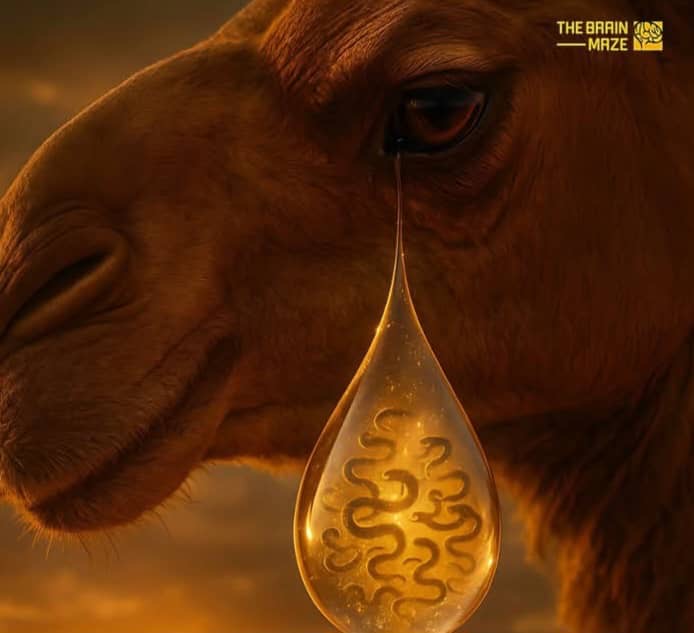. Here are the details of a study by the National Research Centre on Camel
In a groundbreaking development from the arid lands of Rajasthan, the camel — long revered as the “ship of the desert” — is now proving to be more than just a mode of transport for farmers.
A pioneering study by the National Research Centre on Camel (NRCC) in Bikaner has revealed that antibodies derived from camel tears and immune systems may help neutralize snake venom, opening a new path to treat snakebites and boosting the incomes of camel-rearing farmers.
’10 Years In Advance,’ How Eye Test Can Predict Heart Attacks, Strokes
The NRCC researchers conducted experiments by immunizing camels (Camelus dromedarius) with venom from the saw-scaled viper (Echis carinatus sochureki), a highly venomous snake species.
Antibodies extracted from the animals’ tears and blood were found to effectively counteract the lethal effects of venom — particularly hemorrhage and coagulopathy.
‘After Two Decades In Coma,’ Saudi ‘Sleeping Prince’ Al-Waleed bin Khaled, Is Dead
Notably, these camel-derived antibodies triggered fewer allergic reactions and were more potent compared to traditional antivenoms derived from horse immunoglobulin (IgG), which are expensive and complex to produce.
India witnesses nearly 58,000 snakebite deaths annually, with another 140,000 cases of disability — the highest globally. The NRCC’s findings could pave the way for more affordable, safer, and scalable treatment options, especially in rural areas where snakebite incidents are common and medical intervention is often delayed.
Before You Accept His Proposal, By Funke Egbemode
This research is also proving economically transformative for camel-rearing communities in regions like Bikaner, Jaisalmer, and Jodhpur. The NRCC has encouraged local farmers to provide their camels for the controlled and safe extraction of tears and blood samples. In return, they are paid handsomely.
Pharmaceutical companies, including the Serum Institute of India and other private drug manufacturers, are now actively seeking camel-derived antibodies. As per estimates, farmers earn an additional ₹5,000 to ₹10,000 per camel per month, creating a new revenue stream that is both sustainable and scientifically valuable.
1,2,3,4,5 – 0: How Super Falcons Thrashed Zambia To Reach WAFCON Semi-Finals
With their unique immune resilience and adaptability to extreme climates, camels are now being seen in a new light — not just as beasts of burden but as biological allies in the fight against one of India’s deadliest health hazards.
The NRCC’s research underscores the untapped potential of indigenous species in medical innovation and rural development.





